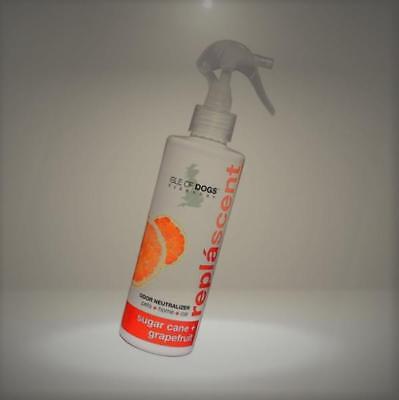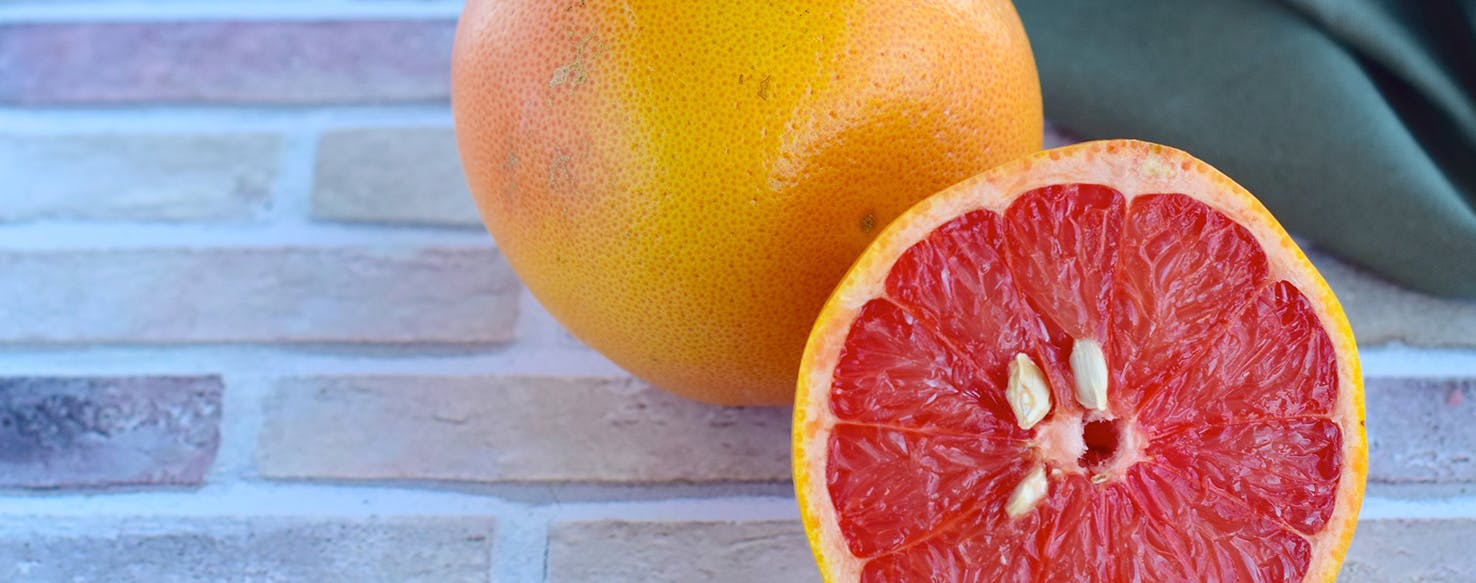

In the meantime, keep an eye on your dog and make sure he or she is drinking plenty of water to stay hydrated. Your vet can advise you on the best course of action to take to help your dog feel better. While grape juice is not toxic to dogs, it can cause an upset stomach and diarrhea. Now I had all the information I needed! I’ll not offer him any more oranges or other citrus fruits.If your dog drinks grape juice, the first thing you should do is call your veterinarian. This reaction can cause symptoms as severe as vomiting and diarrhea. Potosky further explained that, although most of the time dogs only experience mild irritation from these citrus stems, leaves, and seeds, they can get this same irritation from the fruit itself. (If your dog is like mine, she’ll eat the seeds, the leaves, the stem and the core as well as the apple if it’s put in front of her!) I needed more information. The dog’s owner needs only to remove the seeds from the fruit for her so that she doesn’t eat the dangerous seeds but can benefit from the delicious, healthy fruit. Does that mean the fruit itself is a bad thing? I mean, we know that apples, for example, are very healthy for dogs, and yet the seeds themselves are deadly, containing arsenic (see my post “ Yummy Hot Weather Dog Treats,” March 6, 2018). Potosky was saying, even though we’re talking here about stems, leaves, and seeds. Well, I looked up neurologic to get a more detailed understanding, and I found that it means “relating to the functions, anatomy, and organic disorders of nerves and the nervous system.” Given this ominous definition and my dog’s very strong reaction against a bite of orange, I thought maybe I should pay close attention to what Dr. She went on to tell me, “the stems, leaves, peels and seeds contain citric acid, which in large amounts can cause neurologic signs in dogs.”

Jessica Potosky, DVM (surprised me when she said that citrus fruits are on the ASPCA’s (American Society for Prevention of Cruelty to Animals) list of foods to avoid giving our dogs. Keeping this in mind, I decided to go to my favorite expert about my dog, his Vet.

To make sure, if I were you, I would talk to your Vet about your dog food, the same as you would about any health decision you make for your dog, always remembering that even if they love almost everything we eat, that DOES NOT mean they should eat it.

Experts have figured out what dogs need most, and the reputable dog food you buy is usually going to meet all of your best friend’s needs. When I looked online about this, I found articles telling me oranges and grapefruit are okay for dogs to eat, as long as you don’t feed them too much of it, which is the general information for pretty much anything except dog food. At any rate, by the time I got close to the bottom of that bag of oranges, he actually tentatively took a couple of small bites, but over all, I think I can unequivocally say that he definitely doesn’t like oranges! Grapefruit I haven’t tried with him, but I can imagine that it wouldn’t be any more appetizing to him! Maybe to me it was really sweet for an orange but kind of tart for my dog, who loves honeydew and sometimes peaches or nectarines, never strawberries, never tomatoes, always apples. Yum! They were sweet and juicy, so it wasn’t tartness that put him off, I don’t think. I bought a ten-pound bag of oranges back in the winter and ate at least one a day until they were gone. I have to tell you, when I offered a bit of an orange segment to my dog, he backed up and fought with it like it was his mortal enemy (see the hilarious video below). Well, they can, but the question is should they? We know a grape is deadly for your dog, as is its dried version, the raisin, but what about grapefruit and other citrus fruits?


 0 kommentar(er)
0 kommentar(er)
